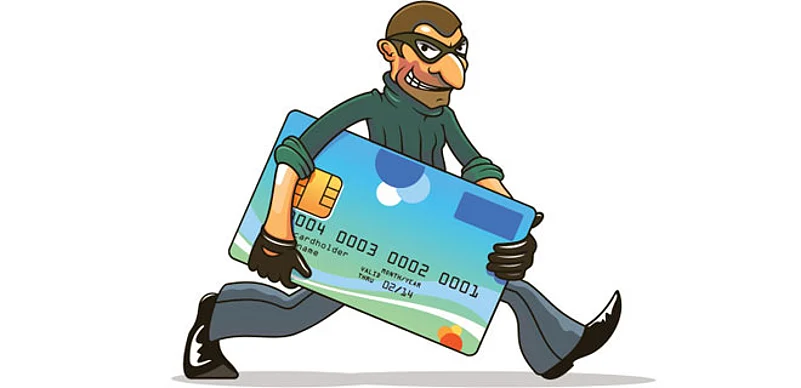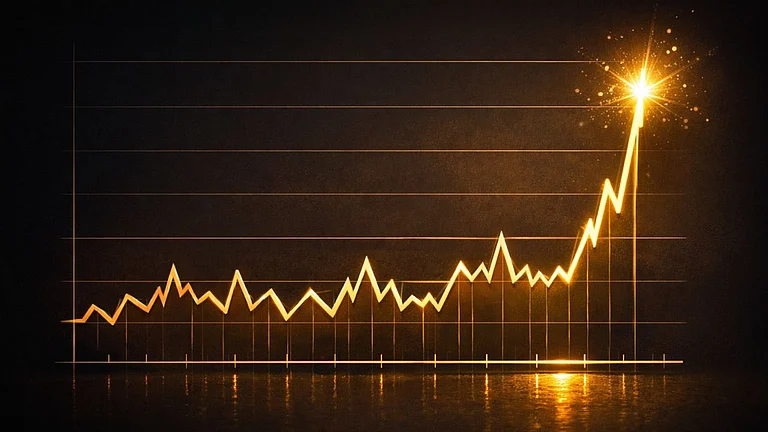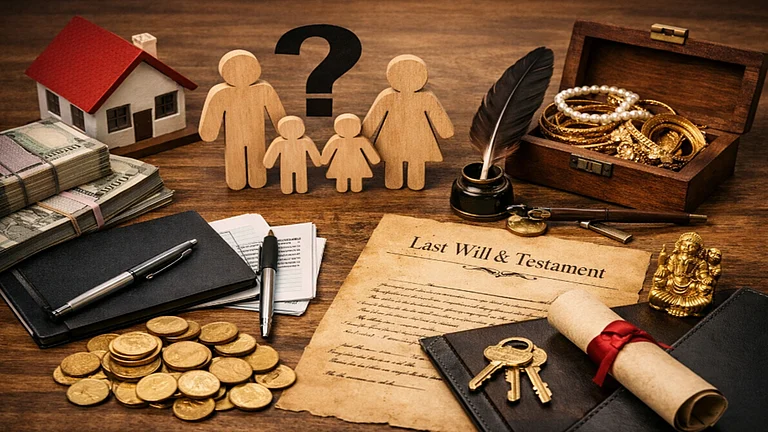About two weeks ago, my credit card was stolen and used heavily at several merchant establishments before I could report it missing. The bank is now demanding payment. What are my rights?
Upendra Yadav, Mumbai
Although the incident was unfortunate, the terms of the credit card require that you report a theft immediately and deactivate the card. It is a fair requirement, because the bank can’t possibly monitor if the card is being used by the owner or anyone else. The customer care centres of almost all banks have a round-the-clock phone facility, and when you lose a card, the first thing to do is to report the loss to the customer care centre and have the card deactivated.
So, the bank is well within its rights to ask you to pay the money, and ask you to take legal action to find and recover the funds from the person who stole and misused your card. You also run the risk of escalating interest on the amount due. If you’ve filed a police complaint, and begun the legal process, you could persuade the court to order the bank to keep the outstanding amount in suspension of interest until the case is solved. The bank should agree though technically it has the right to appeal. It is very likely that the bank will help you in the process if you speak tactfully with the officials and seek their cooperation.
These days cards are issued by banks have some sort of zero liability policy to protect cardholders, especially if card loss is reported within the stipulated time. This may vary depending upon the type of transaction and reporting deadlines. For example, some banks state that they are liable for transactions up to a few days after the theft or loss of card is reported. At the same time there are card issuers who state the liability kicks in only after the loss has been reported. Basically, the onus of liability shifts to the card issuer only after the intimation from the customer to the financial institution about the mishap.













